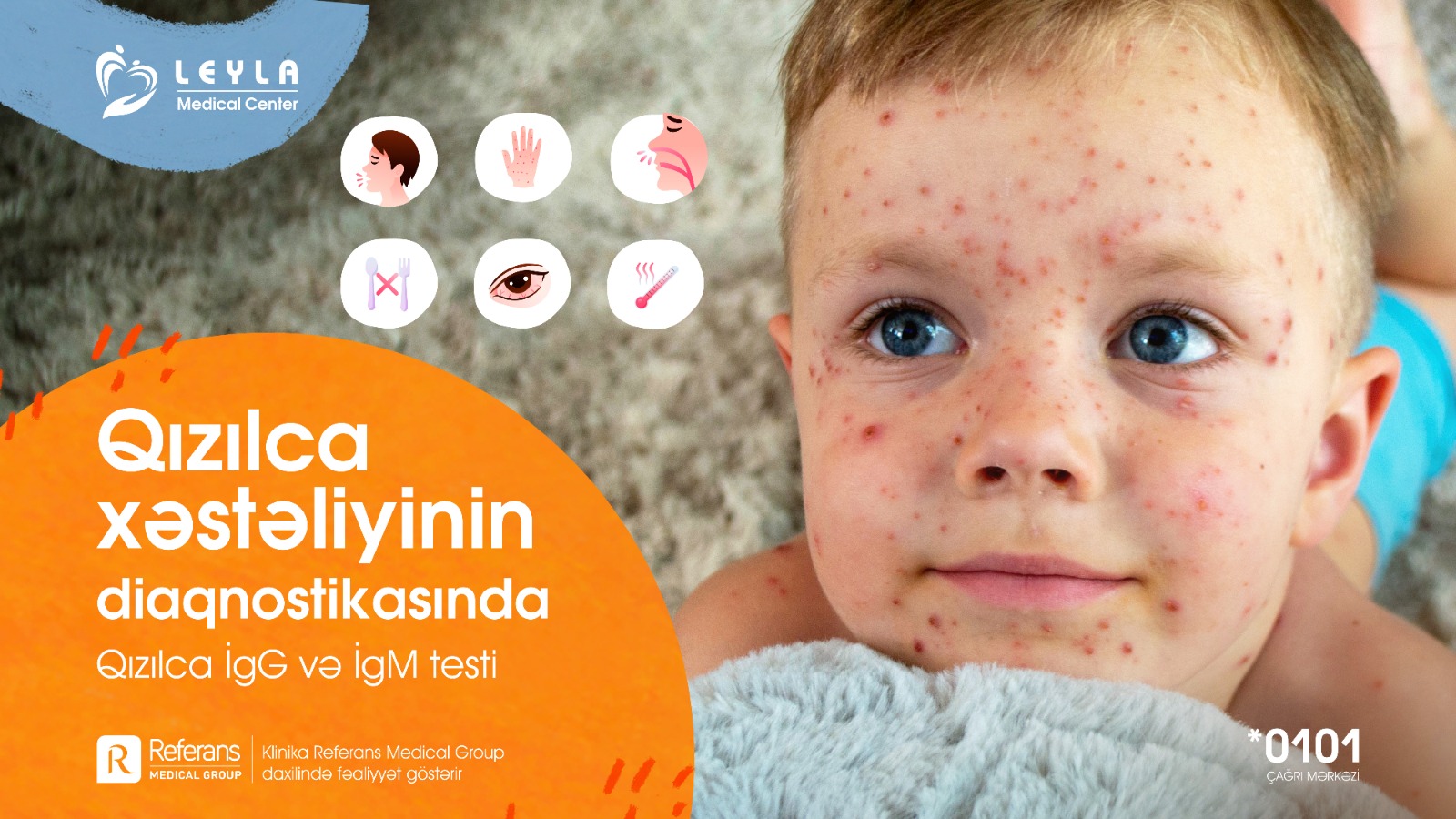
Measles Diagnosis: IgG and IgM Tests for Measles Virus
- Measles is an extremely contagious disease transmitted through airborne droplets. The virus primarily affects the mucous membranes of the respiratory tract and the back of the throat. Symptoms include:
- • High fever
- • Dry cough
- • Red eyes
- • Light sensitivity
- • Runny nose
- • Sore throat
- • Small white spots on the mucous membrane of the mouth
- • Rash that starts on the face and spreads to the body and legs
- Most people recover within a few weeks; however, about 20% may develop complications such as otitis, bronchitis, pneumonia, diarrhea, encephalitis, and even blindness. People with weakened immune systems, vitamin A deficiency, and poor nutrition are at higher risk of severe illness. Measles is dangerous for pregnant women as it can cause miscarriage or premature birth.
- During infection with the measles virus, the body produces two types of specific antibodies: IgM and IgG. IgM antibodies appear first, peak within a few days, and then gradually decrease over several weeks. IgG antibodies begin to form 2–4 weeks after infection and can persist for decades, providing long-term immunity. IgG antibodies are also produced after vaccination, so their presence indicates immunity to measles.
- Your health is our priority!
- Address: Khatai District, Yusif Safarov St., 19
- More info: *0101
- WhatsApp support: +994 55 455 0111
- ©️ Referans Medical Group
21 November 2023
Photo Gallery

Loading...